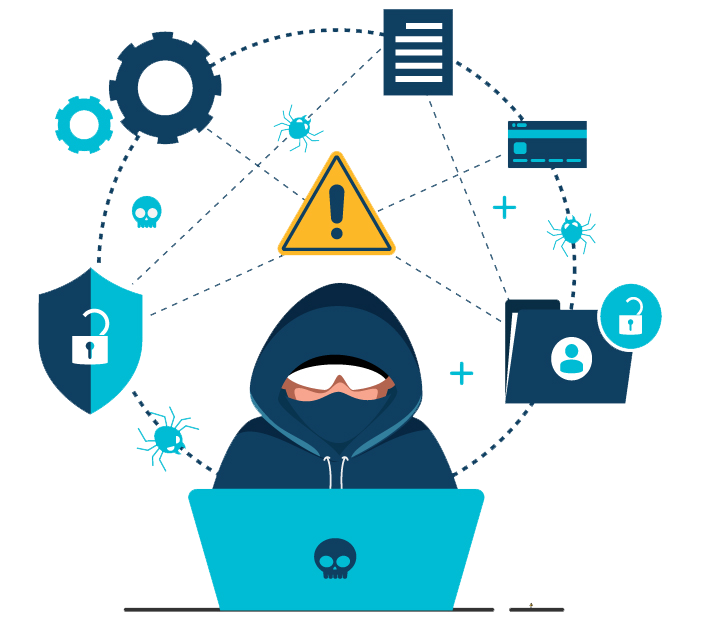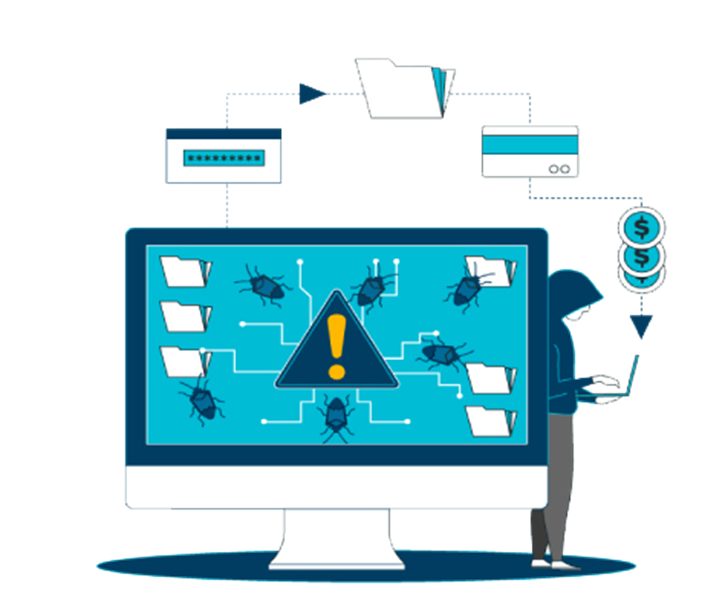
PQC - Post Quantum Cryptography
sometimes referred to as Quantum-resistant cryptography is the development of cryptographic algorithms that are thought to be secure against cryptoanalytic attack by a quantum computer.
Secured Solutions
quantum computers today lack the real-world usability to break widely used cryptographic algorithms, new Quantum-resistant cryptographic algorithms are being developed to prepare for Q-Day.


Our initiative
Due to the length of time required for migration to quantum-safe cryptography, the Government of Malaysia, under the National Cyber Security Agency (NACSA) has initiated the PQC migration initiative starting in 2025.
About Us
KAZ - Kriptografi Atasi Zarah
KAZ, a family of PQC algorithms originally developed in University Putra Malaysia (UPM), has been identified by NACSA and CyberSecurity Malaysia (CSM) as the candidate for a national PQC algorithm standard.
Our Cryptography IP
Consisting of three (3) main ready-to-use cryptographic IPs: KAZ-SIGN for digital signing, KAZ-KEM for key encapsulation, and KAZ–KA for key agreement protocol.
Our certification
The KAZ sets of algorithms are currently being certified by CyberSecurity Malaysia (CSM) under the scheme of Algoritma Kriptografi BAru (AKBA) MySEAL, and as such will be suitable for the implementation of PQC solutions in NCII migration.
Our Goal
It is envisaged that the successful PQC migration in Malaysia will also serve not only as a reference to other nations, in particular Malaysia's ASEAN neighbours and OIC countries, but also help position our local companies as key enabling solution providers in these markets and beyond.
Our Offerings
Together with its partners, QKAZ has developed a suite of products and services that can help accelerate the adoption of KAZ PQC algorithms into various forms of innovative solutions by our partners targeting the NCII and the commercial market as a whole.
PQZ Partnership
As part of our ongoing collaboration with NACSA and Pusat Kriptografi Negara, QKAZ has already initiated various bilateral discussions with government entities and private sector partners in countries such as France, UAE, China, Australia, and many others.
Why PQC is needed
Addressing the Quantum Threat
Post-quantum cryptography provides algorithms based on mathematical problems that are believed to be difficult to solve even for quantum computers.
Regulatory alignment
Many governments and standardization bodies are urging organizations to transition to PQC, highlighting the urgency of the situation.
Ensuring Trust and Compliance
PQC ensures that digital signatures, authentication, and secure communication channels remain reliable in a quantum computing era.
Flexibility and risk mitigation
Combining classical and PQC algorithms - Hybrid - approaches offer flexibility in implementation and can help mitigate risks in case one algorithm is compromised.
Future-proofing security
PQC is considered better than traditional cryptography because it offers robust security against potential attacks from quantum computers.
Threat Resistance
PQC algorithms are designed to be resistant to these powerful quantum attacks, ensuring the long-term security of digital communications and data.

